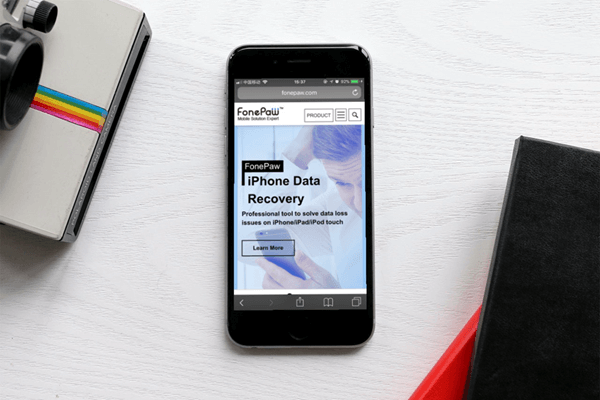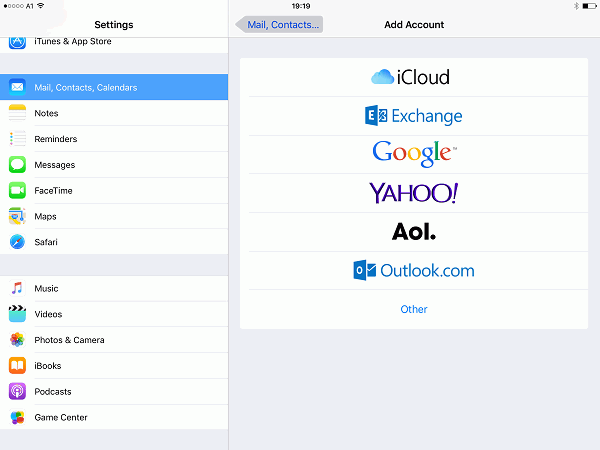Ransomware Can Bring Your Business to Its Knees: Here's Why
As a business owner, you must protect your assets to the best of your ability. Otherwise, you open yourself up to liability. In the digital age, a large percentage of your efforts will go toward learning about the vast scope of digital threats that lie out there. Ransomware is one such threat.
Over the years, ransomware attack have taken many forms in an attempt to evolve into a threat to be reckoned with. Ransomware trends in 2020 suggest that it is not going away any time soon. It's about time you started educating yourself about it.
Here's a quick rundown of the most important things you should keep in mind about ransomware:

Ransomware Pressure You To Pay Up
Ransomware is a form of malware that encrypts your files against your will. In exchange for a ransom, they promise to send you a key to unlock your data. The problem is, there's no guarantee they would keep their word and deliver, not to mention how expensive it is for you to pay up in the first place.
Business Owners Are Its Primary Target
Despite targeting consumers in the beginning, ransomware now thirsts for the blood of business owners. Considering an average business has way deeper pockets, the current state of affairs is not that hard to grasp.
Due to the nature of many businesses and the software they need to keep them operational, many choose not to update their systems often enough. It opens the doors to ransomware attacks that piggyback off security vulnerabilities. At the same time, a dilemma finds its way to the surface: should functionality out-prioritize security?
No One Knows The True Impact of Ransomware
Some companies have no obligation to disclose security breaches. Hence, to preserve their good name, they often choose not to. It makes it harder to measure both the cost as well as the impact of ransomware attacks on a global scale.
Taking a look at the known ransomware figures is enough to raise some concerns. But one thing is for certain: the impact is even larger than that. The only question is the true scope of it.

Ransomware is an APT-Level Threat
To spread the infection, cybercriminals resort to advanced APT techniques. They are willing to go to great lengths to make sure you get infected. They can disable your security software or use other methods that go beyond an automated approach.
Once they get in, they may apply various forms of pressure to get you to pay the ransom. It doesn't exclude threats to release sensitive company data to the public. Imagine the regulatory fines that could follow as a result.
Attack Methods Are Constantly Evolving
Insecure RDP connections and spear-phishing remain the two main methods of distributing ransomware. You may have the latest cybersecurity bundles installed, but that doesn't guarantee you won't get infected by it. That's particularly true if the hackers decide to use manual methods to go after you.
Their Encryption is Getting Harder to Decipher
The good news is that cybersecurity researchers are always working on tools that let you decrypt your files without paying the ransom. The bad news? The encryption gets harder and harder to break.
The code of some ransomware programs is available to the public. The bad guys use it to study and rectify their past mistakes and improve on what works.
Defending Against Ransomware is Now More Important Than Ever
●First and foremost, make sure that you make regular backups of your most important files. You should also make an effort to store them in a remote location.
●Penetration testing is also an excellent way to learn how secure your network is when putting against some stress.
●The regular software and OS updates need no further explanation, either.
●To make your connections more secure, it can't be stressed enough how NordVPN or a similar VPN solution can help you.
●Last but not least, you should always have a firm grasp on who can access your most important accounts. To that end, two-step authentication makes for a night and day worth of difference.
Conclusion
The bottom line is, don't take the cybersecurity of your company lightly. So make sure to implement all precautionary measures that you can and don't cheap out on the tools you need to stay secure. It's not worth the risk.























